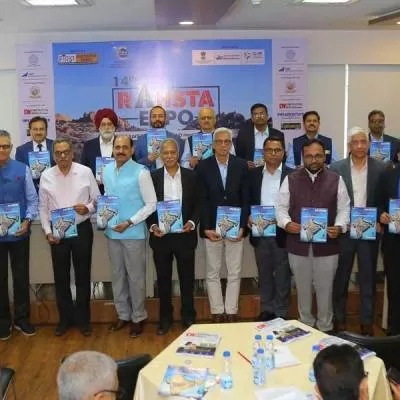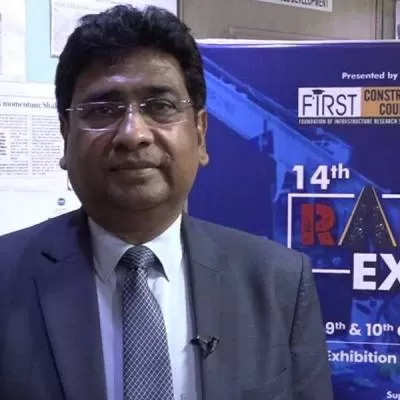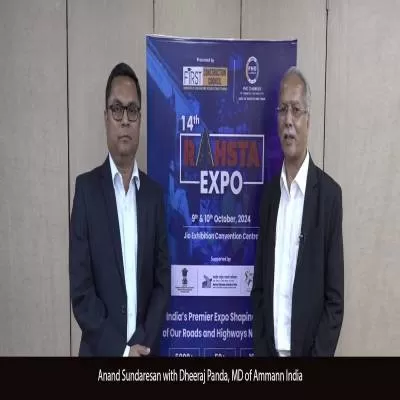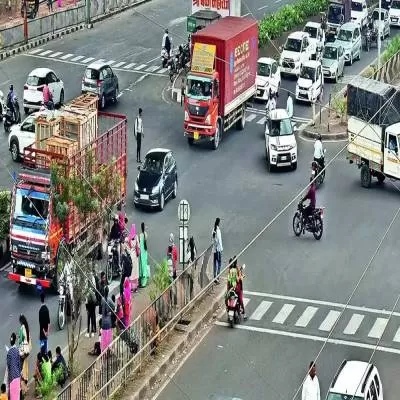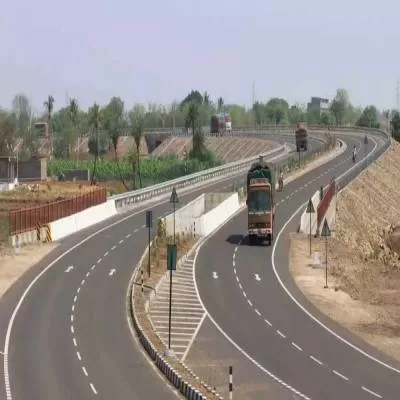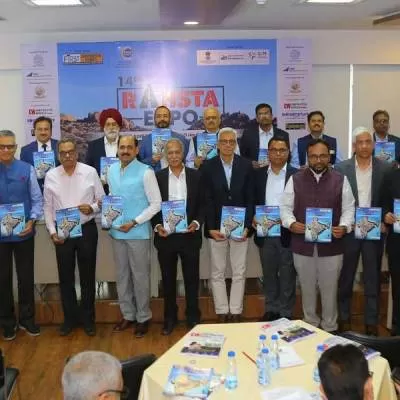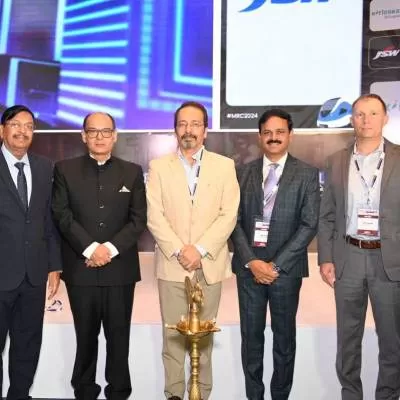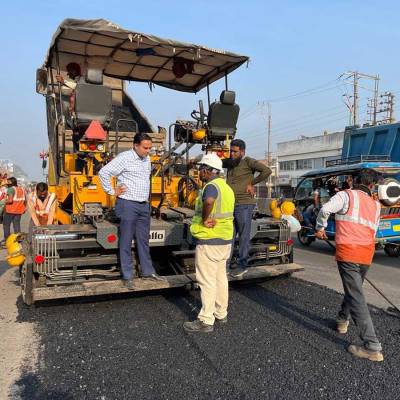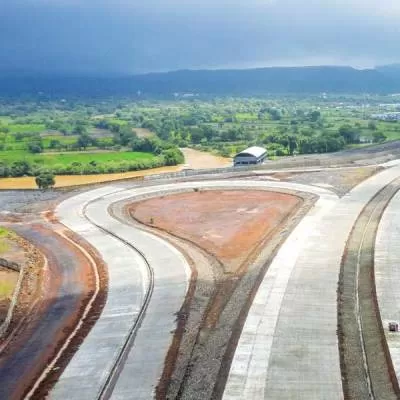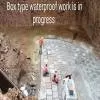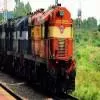- Home
- Infrastructure Transport
- ROADS & HIGHWAYS
- Building smart
Building smart
While the 4.9 per cent GDP figure was achieved due to a strong contribution from agriculture, Modi decoded his growth formula: Growth cannot come only through investments in one particular sector. All segments of the economy - services, manufacturing and agriculture - should be encouraged to increase their share in the country's GDP, he elaborated.
CW recently held its roundtable on SMART CITIES and discovered that the problem of creating greenfield smart cities is trivial compared to smartening existing cities. In reality, while we may have fewer cities to create from ground zero, we have the onerous task of smartening the existing cities or first even transforming the mindset of existing cities that they need smartening. 'Mindset gravity' is a huge obstacle.
The new JNNURM seeks to schedule two new cities in each state to prepare for the migration deluge. Modi's take on the urban migration queered the pitch in favour of urban attraction. "Urbanisation is not a crisis but an opportunity. Seeing it as a crisis has been wrong," averred Modi. His manifesto proposes setting up of 100 smart cities. Further stressing on the need to develop rural areas, Modi said that such development would mitigate the migration to urban centres.
As opportunities have dwindled in India, the reverse flow of migrant workers, which had brought in hordes of construction workers back to Kerala a few years ago seems like a blip in an otherwise perennial outflow of migrant labour to the Middle East in search of hope for a good life. More than 500 Indian migrant workers have died in Qatar since January 2012, revealing for the first time the horrifying scale of death toll among those building the infrastructure for the 2022 FIFA World Cup. Official figures confirmed by the Indian embassy in Doha reveal that 237 Indians working in Qatar died in 2012 and 241 in 2013. Another 24 Indians have died in January 2014. This probably is only an indicator of the plight of the Indian construction worker and the ill-treatment or shoddy living conditions are not what is meted out to them in the Middle East alone. In India too, they get the raw end of the deal. Provident fund, Employee State Insurance Corporation and Labour welfare benefits elude them primarily due to their job profile being nomadic but principally due to their lack of knowledge of their rights and lack of options due to their lack of skill. Although the Aadhar card, establishment of National Skill Development Corporation or the improvement in Industrial Training Institutes, are steps in the right direction, they fail to deliver because they are administratively weak in delivery and accountability.
If we have to deliver better quality of construction, we will need to improve the skill sets of the lowest link in the delivery chain, namely the Indian construction worker. Today, times are tough for the industry and therefore these concerns may seem misplaced. Our Cover Story 'The Money Chase' deals with today's concerns. The malaise of the industry is deep rooted already and will need fresh infusion. Banks and financial institutions will need to take a hair-cut. Developers will have to relinquish equity, and new rules for running the business model will need to be written.
It is time to change the script for building a smart India.
"It's not simply fiscal deficit. There are governance, trust, security and moral deficits," said Narendra Modi, the BJP's prime ministerial candidate, at a packed India Economic Convention in Delhi and summed up the deficit in the economic mood, the nation suffered. Politics can be a difference in ideology but inaction has no takers. India's bubbling economy has been hit by severe gravity resulting in inertia and inaction. While we seem to be poised to crawl out of the dark tunnel of economic deceleration, only a change in government will not illuminate the journey ahead. The entire ideology needs to be rewritten. Should we offer sops and doles to create inclusive growth or should schemes and structures, which integrate citizens with local administrative bodies be encouraged on a 'carrot and stick' basis? Should the government monopolies be allowed to be inefficient or should PPPs be encouraged to wake them out of their slumber? While the 4.9 per cent GDP figure was achieved due to a strong contribution from agriculture, Modi decoded his growth formula: Growth cannot come only through investments in one particular sector. All segments of the economy - services, manufacturing and agriculture - should be encouraged to increase their share in the country's GDP, he elaborated. CW recently held its roundtable on SMART CITIES and discovered that the problem of creating greenfield smart cities is trivial compared to smartening existing cities. In reality, while we may have fewer cities to create from ground zero, we have the onerous task of smartening the existing cities or first even transforming the mindset of existing cities that they need smartening. 'Mindset gravity' is a huge obstacle. The new JNNURM seeks to schedule two new cities in each state to prepare for the migration deluge. Modi's take on the urban migration queered the pitch in favour of urban attraction. "Urbanisation is not a crisis but an opportunity. Seeing it as a crisis has been wrong," averred Modi. His manifesto proposes setting up of 100 smart cities. Further stressing on the need to develop rural areas, Modi said that such development would mitigate the migration to urban centres. As opportunities have dwindled in India, the reverse flow of migrant workers, which had brought in hordes of construction workers back to Kerala a few years ago seems like a blip in an otherwise perennial outflow of migrant labour to the Middle East in search of hope for a good life. More than 500 Indian migrant workers have died in Qatar since January 2012, revealing for the first time the horrifying scale of death toll among those building the infrastructure for the 2022 FIFA World Cup. Official figures confirmed by the Indian embassy in Doha reveal that 237 Indians working in Qatar died in 2012 and 241 in 2013. Another 24 Indians have died in January 2014. This probably is only an indicator of the plight of the Indian construction worker and the ill-treatment or shoddy living conditions are not what is meted out to them in the Middle East alone. In India too, they get the raw end of the deal. Provident fund, Employee State Insurance Corporation and Labour welfare benefits elude them primarily due to their job profile being nomadic but principally due to their lack of knowledge of their rights and lack of options due to their lack of skill. Although the Aadhar card, establishment of National Skill Development Corporation or the improvement in Industrial Training Institutes, are steps in the right direction, they fail to deliver because they are administratively weak in delivery and accountability. If we have to deliver better quality of construction, we will need to improve the skill sets of the lowest link in the delivery chain, namely the Indian construction worker. Today, times are tough for the industry and therefore these concerns may seem misplaced. Our Cover Story 'The Money Chase' deals with today's concerns. The malaise of the industry is deep rooted already and will need fresh infusion. Banks and financial institutions will need to take a hair-cut. Developers will have to relinquish equity, and new rules for running the business model will need to be written. It is time to change the script for building a smart India.


